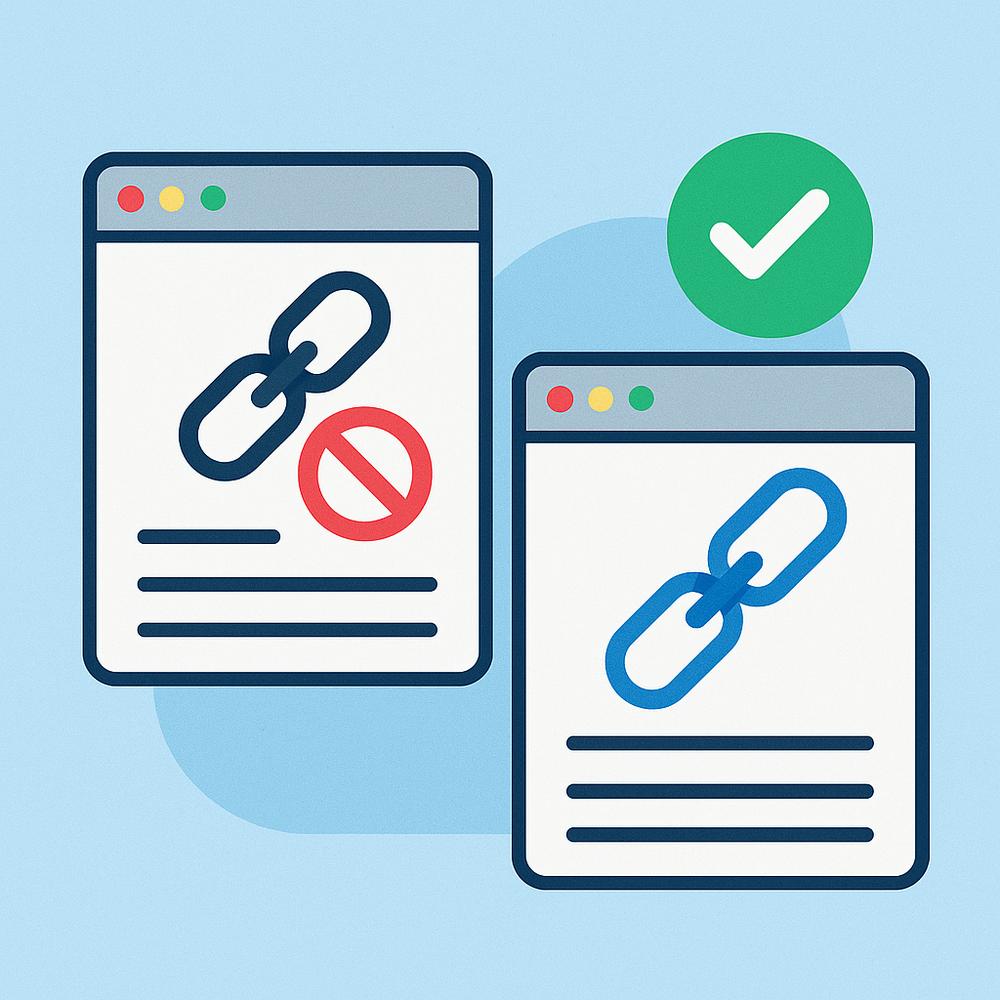
Nofollow vs. Dofollow Links: Which Ones Pass SEO Value?
Share
Let's push boundaries and achieve more...
In the ever-evolving world of SEO, understanding the nuances between dofollow and nofollow links is crucial for crafting an effective digital strategy. These two types of links play distinct roles in how search engines perceive and rank your website. But which one truly passes SEO value? Let's delve into the differences and implications of each.
What Are Dofollow Links?
Dofollow links are the default type of hyperlink. When you create a link without any special attributes, it's considered a dofollow link. These links allow search engine crawlers to follow them and pass link equity, often referred to as 'link juice,' to the destination page. This transfer of authority can positively impact the linked page's search engine rankings.
Understanding Nofollow Links
Introduced by Google in 2005, nofollow links contain a rel="nofollow" attribute. This attribute tells search engines not to pass link equity to the linked page. While nofollow links don't directly influence rankings, they serve other purposes, such as preventing spam and indicating paid content.
SEO Value: Dofollow vs. Nofollow
Dofollow links are instrumental in building a site's authority. They are considered votes of confidence from other websites, signaling to search engines that the linked content is valuable and trustworthy. The more quality dofollow links a page has, the higher its potential to rank well in search results.
Nofollow links, on the other hand, do not pass link equity. However, they are not without merit. Nofollow links can drive traffic to your site, especially if placed on high-traffic platforms. They also contribute to a natural backlink profile, which is essential for SEO. A website with only dofollow links may appear manipulative to search engines, potentially leading to penalties.
Strategic Use of Dofollow and Nofollow Links
For a balanced and effective SEO strategy, it's important to incorporate both dofollow and nofollow links. While dofollow links enhance your site's authority and rankings, nofollow links can diversify your link profile and prevent over-optimization. Aim for a natural mix that reflects genuine user engagement and content sharing.
At BlogCog, we understand the intricacies of SEO and offer services to help you navigate the complexities of backlink strategies. Our AI-Driven Blog Subscription service provides high-quality, SEO-optimized content that can enhance your site's visibility and authority.
Conclusion
In conclusion, both dofollow and nofollow links have their place in a comprehensive SEO strategy. Dofollow links are essential for passing SEO value and improving rankings, while nofollow links contribute to a natural and diverse backlink profile. By strategically utilizing both, you can build a robust SEO foundation that supports sustainable growth and success.
Related Posts:
